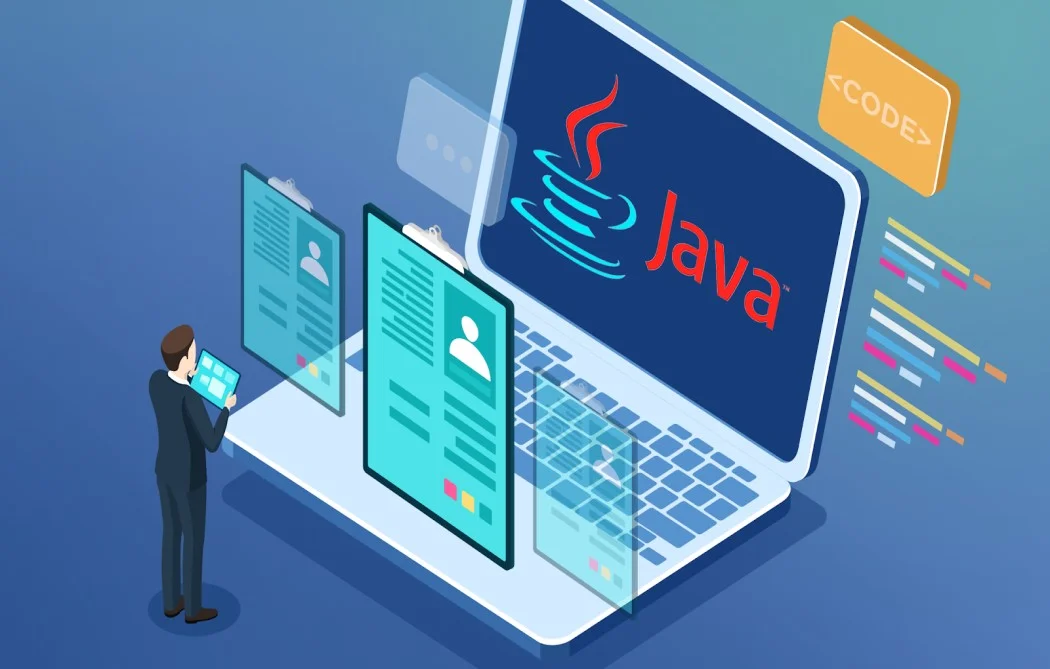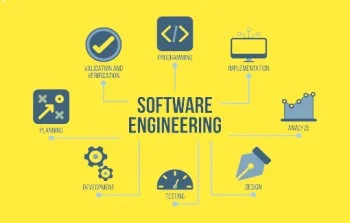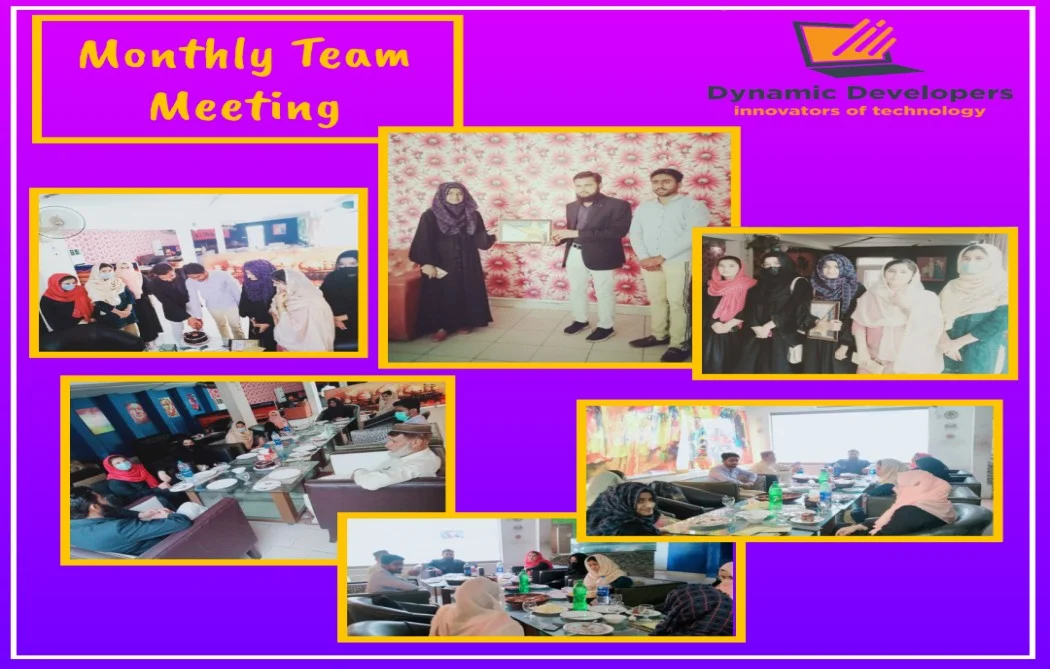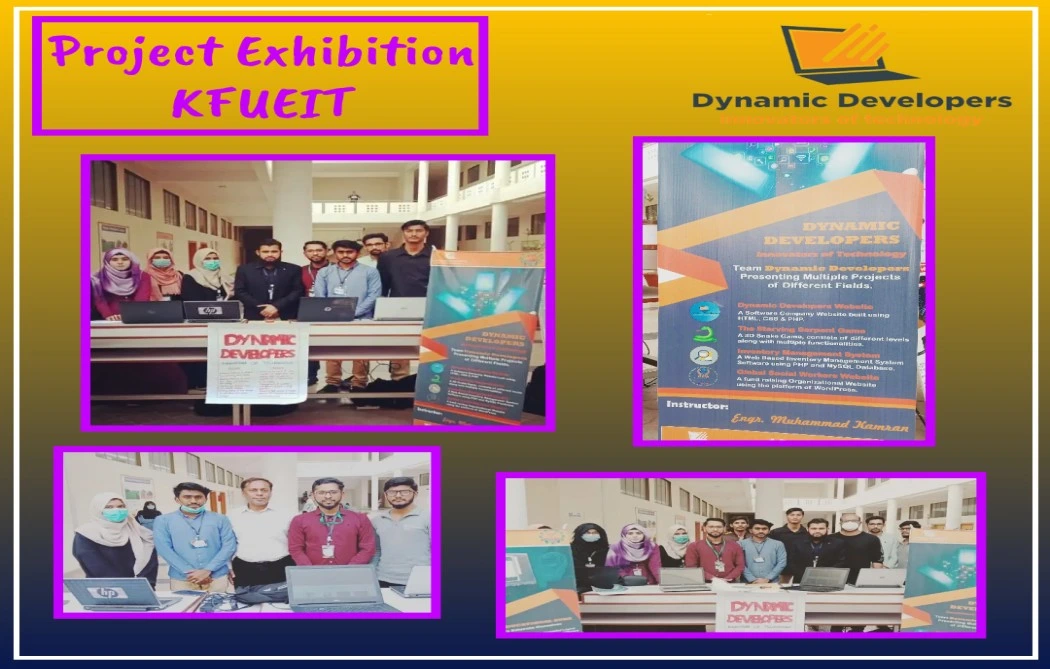
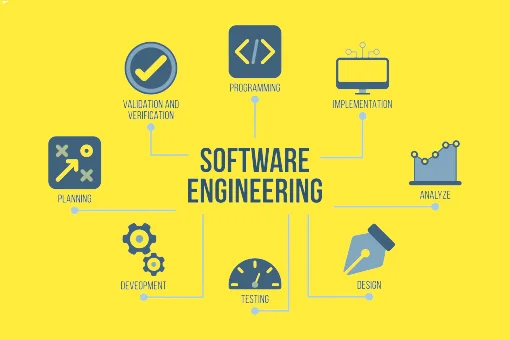
Career Options in Software Engineering
If you are an aspiring software engineer, you can expect ordinary opportunities to build your career. As you learn technical skills and gain some experience, new doors will open for you. You will have the choice to continue working with code, or you will be able to use your understanding of the software development lifecycle to lead teams.
By learning the fundamental principles of the software development process, you can prove yourself as a solid foundation to add value to any company.
Responsibilities of a Software Engineer:
Here are some common responsibilities for a software engineering,
- Design and develop software using the process of the software development lifecycle.
- Meet with customers to understand their requirements or needs and provide continuous updates to them.
- Design and develop proper test debug automation suites.
- Monitor and maintain software systems and work on up-gradation when needed.
- Keep projects up to date with modern requirements.
- Coordinate to upgrade systems to maintain existing ones.
- Train junior engineers and other team members.
Software Engineer Skills:
In order to elaborate the software engineering role, there's a whole spectrum of hard and soft skills you should focus on building.
Hard Skills:
Your primary job as a software engineer is to build effective web pages, apps, and software. So first of all, you should need some tangible hard skills like the following,
- Front-end and back-end coding knowledge.
- Understanding of agile development methodology.
- How to test and debug a specific code.
- How to write clean code with a report.
Soft Skills:
If you are good at discipline, you will find that your job is not only limited strictly to coding. You will also have to train other team members and communicate with other departments. So, try to adopt these nifty soft skills, too.
- An ability to communicate technical information
- Time management
- Team collaboration
Common Career Paths for a Software Engineer:
Below are some common career paths for a software engineer. Keep in mind that each company has its own specific roadmap and this is just an example.
- Junior Software Engineer: At the beginning of your career, you can work as a junior developer, under the supervision of a team lead.
- Senior Software Engineer: After few years of work, you will gain experience and will promote to the senior level.
- Tech Lead: As a tech leader, it will be your responsibility to design the whole software development process.
- Team Manager: If you will show some strong leadership skills, you can progress into a managerial-based role.
- Technical Architect: As a technical person, you will be expected to overlook the entire architecture and technical design of the software.
- Chief Technology Officer: As a CTO, you will be head of an organization’s technological needs. You will oversee R&D and employ technology to improve products and services for your clients.
Typical Job Options for a Software Engineer:
- Front-End Engineers: A front-end developer focuses on designing the user interface of a website or application.
- Back-End Engineers: Back-end developers usually develop web services, database design, and integrating data feeds.
- Full-Stack Engineer: If you have the knowledge of both front-end and back-end development, you will get the position of the full-stack developer.
- Mobile App Developer: Android App developers build software or app for smartphones, tablets, and other mobile devices.
- Graphics Engineer: Graphic designers use 2D and 3D digital graphics platforms to develop designs for gaming and video production.
- Data Engineer: A Software engineer who is an expert in data management, called a data engineer.
- Security Engineer: As the name suggests, security engineers design some useful solutions to safeguard software or networks from hackers or cyber threats.

